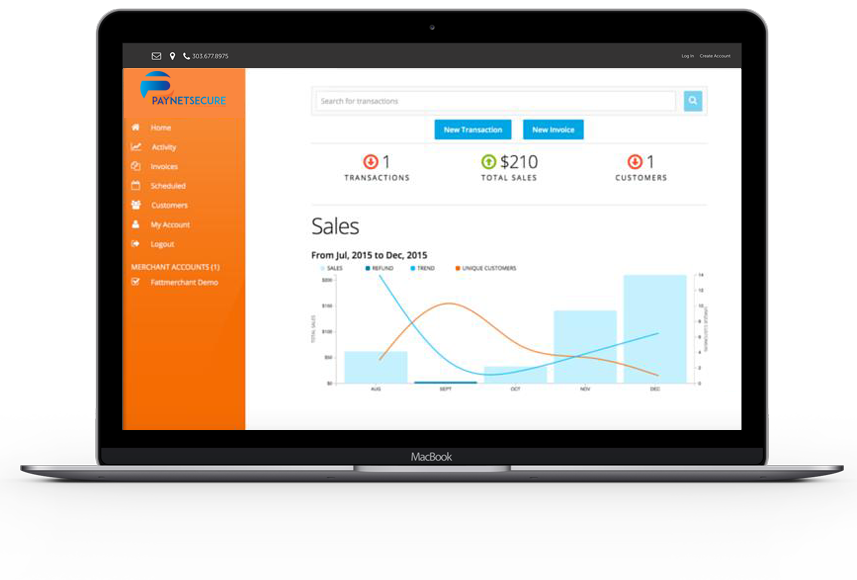Research organization Aite Group released results from a survey of merchant acquiring banks and independent sales organizations about payment processing opportunities and challenges for the coming year.
The biggest problem being faced by payment processing acquirers in 2009 was the attrition of merchants, with 24% of the respondents placing this issue as number one. Close behind, 22% of respondents were concerned about the continuing compression of payment processing margins. And 17% of respondents said PCI compliance was a challenge.
Acquirers say merchants are keenly aware of pricing issues. Lower pricing is the main reason merchants will change to another merchant payment processor.
Promising emerging markets for 2010 are mobile payments, business-to-business payments, and ecommerce. Most payment processors have little experience in mobile and are still trying to position themselves correctly in the market.
Business-to-business payments are gaining some penetration for those companies with lower ticket transactions. But, higher ticket business transactions incur payment credit card processing fees that are too high for most businesses to be able to absorb.
SaaS billing recurring payments are a growth industry for payment processors that are expanding ecommerce operations. SaaS billing is sub-genre of subscription billing where consumers establish recurring payments for software rather than a one-time purchase of the software.
For more information, contact info@paynetsecure.net
